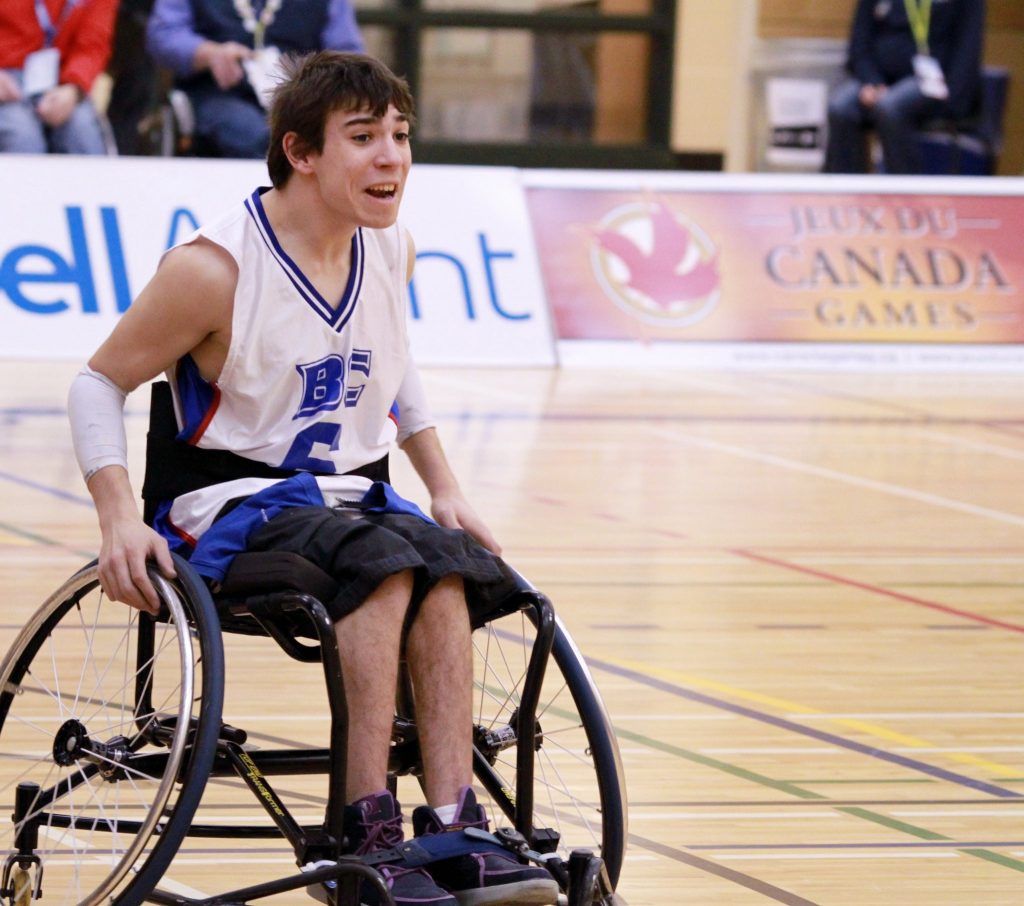Viewpoint: Ottawa is the ideal city to host the 2021 Canada Games
By Nathan Bragg
The Canada Games Council will decide at the end of this month which city will host the 2021 Canada Summer Games. Ottawa is one of four finalists and would certainly benefit from winning the right to welcome this 21-day, elite-level sporting event to the capital.
However, the Games would benefit just as much from choosing Ottawa when the council makes its announcement on March 30.
The Canada Games are Canada’s premier multi-sport competition, bringing together the country’s top young athletes from all 10 provinces and three territories.
The Games have showcased young competitors who went on to become world-class stars in their respective sports, such as Olympic sprinting medalist Andre De Grasse and NBA basketball legend Steve Nash.
It’s Ontario’s turn to host the Games in 2021. Niagara, Sudbury and the Waterloo region are also in the running to host the competition.
In their 50-year history of celebrating high-performance sport, the Games have never been held in the country’s capital.
I participated in the 2011 Canada Games in Halifax as a member of British Columbia’s wheelchair basketball team.
And despite finishing a disappointing seventh place, the Games remain one of the highlights of my life as I went head-to-head with several future Paralympians.
One of the best parts of the competition was how full the stands were every night with both local spectators and the families of competing athletes.
Ottawa has shown in recent years that when this city puts on major sporting events, people will come out to watch.
Consider, for example, the tens of thousands who converged on the Rideau Canal headlocks at the beginning of this month to cheer on the Red Bull Crashed Ice competitors.
The Canada Games don’t just bring together young athletes from across the country.
Athletes’ extended families often accompany them, and will want to do other things in the city between events.
During my Games experience, my family spent their days venturing around Halifax, taking in the sights and spending their tourist dollars before filling the bleachers each night and cheering on Team B.C.
When it comes to tourist offerings for the Games’ attendees, Ottawa has the edge on all its competitors — with only the Niagara Region coming close in terms of non-Games attractions.
The thundering Niagara Falls themselves may be a big draw, but overall that region can’t compete with the breadth of attractions that Ottawa offers with Parliament Hill, the Rideau Canal, the Byward Market and various national museums.
Bilingualism is another unique advantage for Ottawa. We live in a bilingual country and the Games bring together anglophones and francophones from across the country.
It’ll be easier in Ottawa to find volunteers who can speak both languages, and for the Games’ visitors to get service in their language of choice.
The motto of the Canada Games is unity through sport, but that would be much more difficult to achieve if the Games were held in a city where some of the visitors won’t be easily served in their mother tongue.
Having the Games in a large media market will bring attention that sponsors want and which athletes will benefit from. Ottawa-Gatineau is the largest television market among the four finalists.
Waterloo represents another significant population base, but that region’s plan to have competition venues spread across several different municipalities makes it weaker than Ottawa’s more centralized approach, with only one of the 25 events — mountain biking — taking place outside the city (at nearby Camp Fortune in Gatineau Park.)
Ottawa’s bid plans to take advantage of both of the city’s universities, community sport clubs like the Ottawa Tennis and Lawn Bowling Club as well as existing municipal facilities.
When officials decide where to host the Games, they should consider not only which community will benefit, but also which community will most benefit the Games.
And on that front, Ottawa is the runaway winner.

